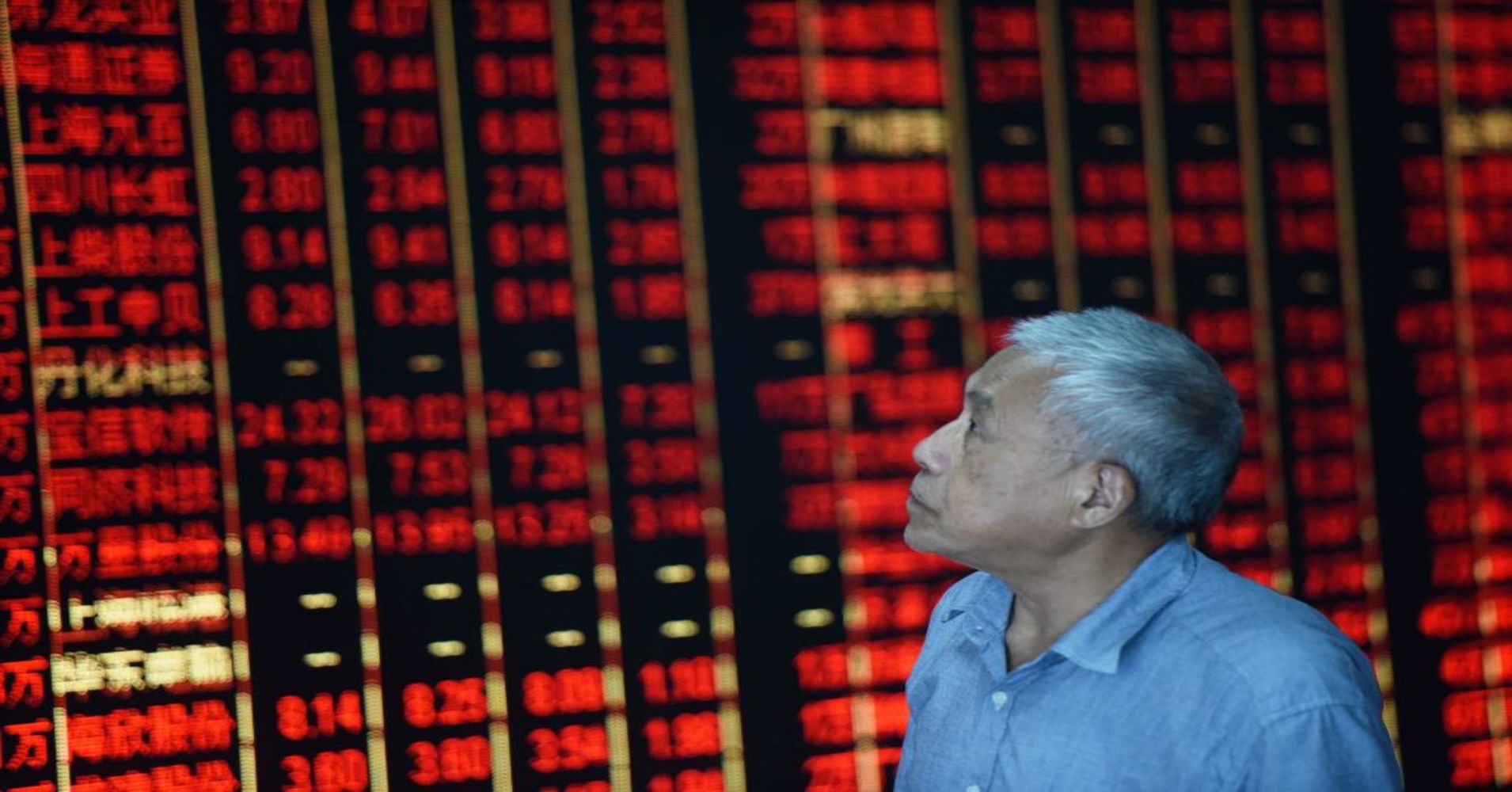
Asian markets traded mostly lower on Thursday, with investors cautious ahead of a deadline when tariffs from the U.S. and China are due to be implemented.
On the mainland ,the Shanghai composite traded lower by 0.07 percent and the smaller Shenzhen composite shed 0.43 percent. Hong Kong’s Hang Seng Index was steady for the most part, last inching lower by 0.02 percent.
Japan’s Nikkei 225, meanwhile, edged lower by 0.16 percent, with declines in oil producers, banks and retailers leading losses in the morning. Index heavyweight Fast Retailing declined 1.79 percent.
Elsewhere, South Korea’s Kospi reversed early gains to track lower by 0.13 percent as blue chip tech names dipped into negative territory, with Samsung Electronics lower by 0.22 percent. Australia’s S&P/ASX 200 bucked the trend to advance 0.51 percent.
Concerns over a trade dispute between the U.S. and China have weighed on market sentiment in the lead-up to tariffs both countries say will take effect on July 6. The Trump administration has levied a 25 percent tariff on $34 billion in Chinese goods, while the Chinese government has retaliated by announcing tariffs on the same value of U.S. goods.
Due to the time difference, duties imposed by Beijing will likely take effect before Washington’s tariffs on Friday. China’s finance ministry, however, has said that it “absolutely will not fire the first shot” in its trade spat with the U.S., Reuters reported.
“Uncertainty over the tariffs’ impact on trade led to a subdued mood in risk assets, although sentiment has stabilized with the RMB staging gains over the last two days,” Weiliang Chang, a foreign exchange strategist at Mizuho Bank, said in a note.
Although the economic impact of the tariffs is relatively small, investors have been nervous over potential retaliation, which could cause the spat to evolve into a trade war. China markets have taken a hit ahead of the Friday deadline, with the benchmark Shanghai composite last week falling into bear market territory, referring to a drop of at least 20 percent from recent highs.
“Markets are not pricing in just the first tranche, but increased risks of an escalation to broad-based tariffs across the entire merchandise goods space. The fear is that Trump has threatened to retaliate against China’s retaliatory tariffs, and it could be more than a bluff to coerce,” Chang added.
European stocks closed mixed in the last session, with investors nervous over heightened tensions between Washington and Beijing over trade. The pan-European Stoxx 600 edged up by 0.04 percent by the end of the day, but the U.K.’s FTSE 100 and Germany’s DAX both recorded moderate declines.
Markets stateside were closed on Wednesday because of the Independence Day holiday.
In corporate news, the HNA Group Chairman Wang Jian passed away in an accident while on a business trip in France, the company said. Wang had a 15 percent stake in the group, formerly one of China’s most acquisitive companies, according to Reuters.
In currencies, the yuan held onto overnight gains after notching an 11-month low against the dollar earlier this week. The stabilization in the currency came after the People’s Bank of China reassured markets about the currency. The on-shore yuan traded at 6.6379 to the dollar in Asia morning trade, compared to Wednesday’s close of 6.6330.
The dollar index, which measures the dollar against a basket of currencies, last stood at 94.519. Against the yen, the dollar traded at 110.38 at 9:47 a.m. HK/SIN, below levels around the 110.8 handle seen at beginning of the week.

